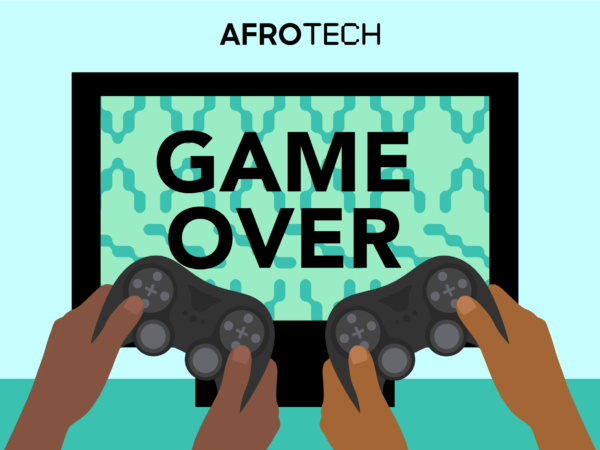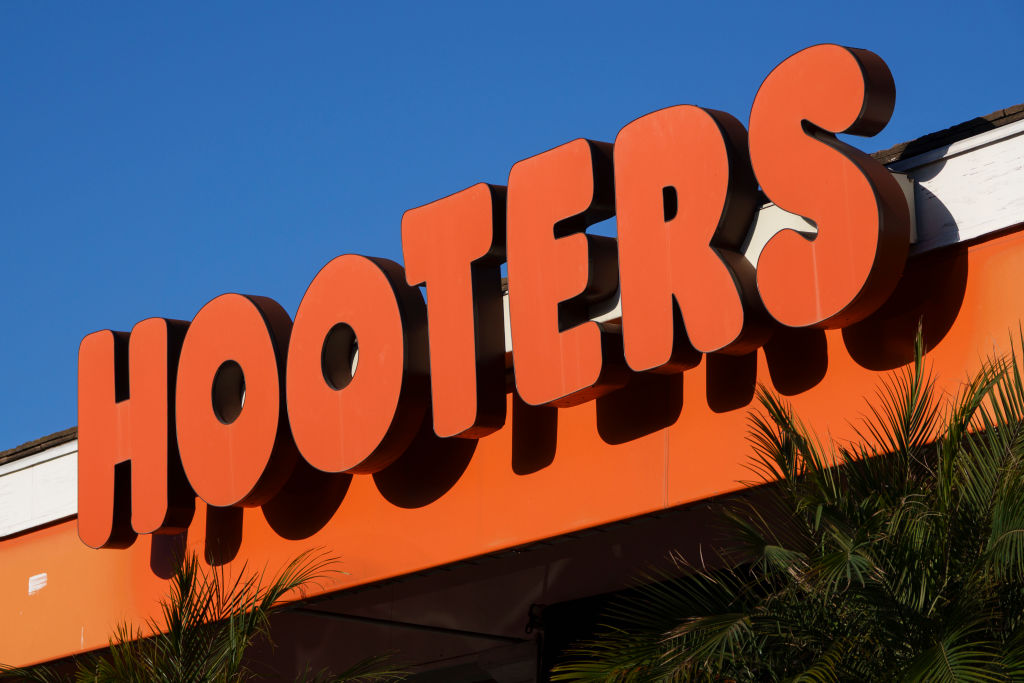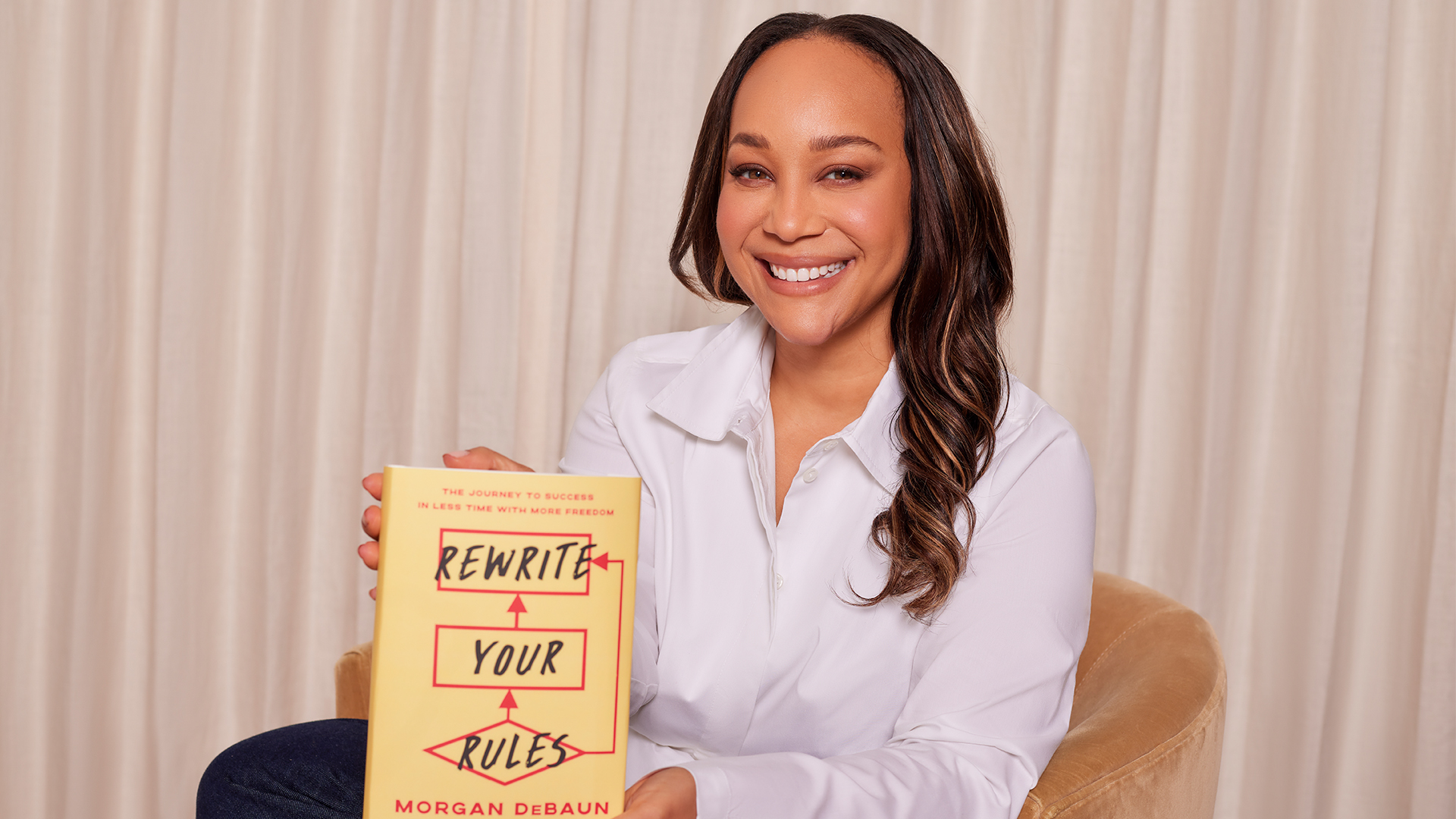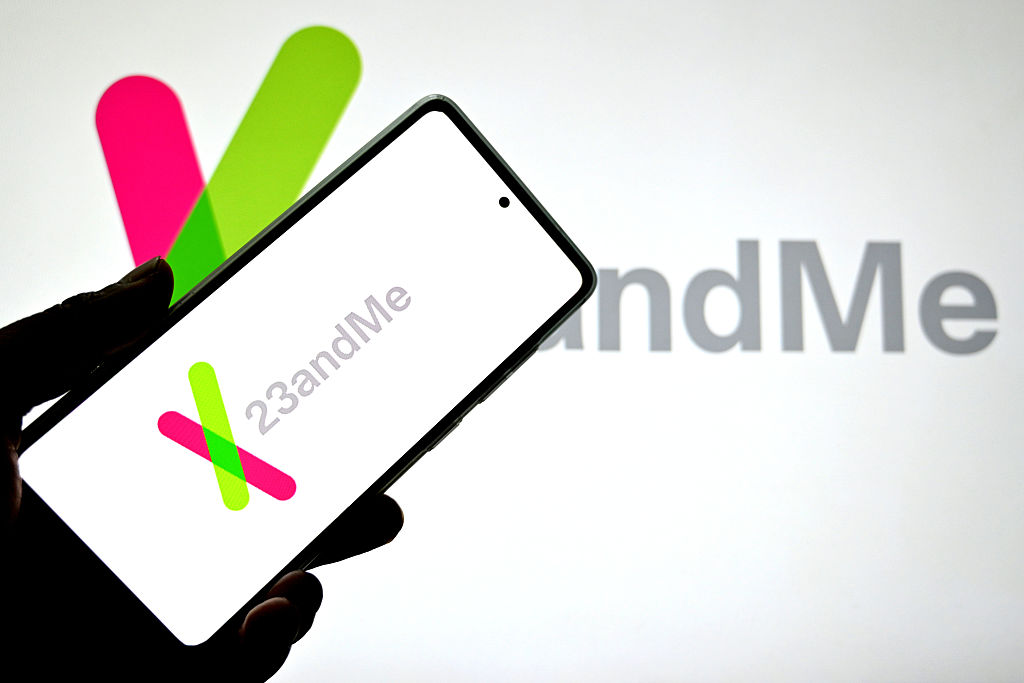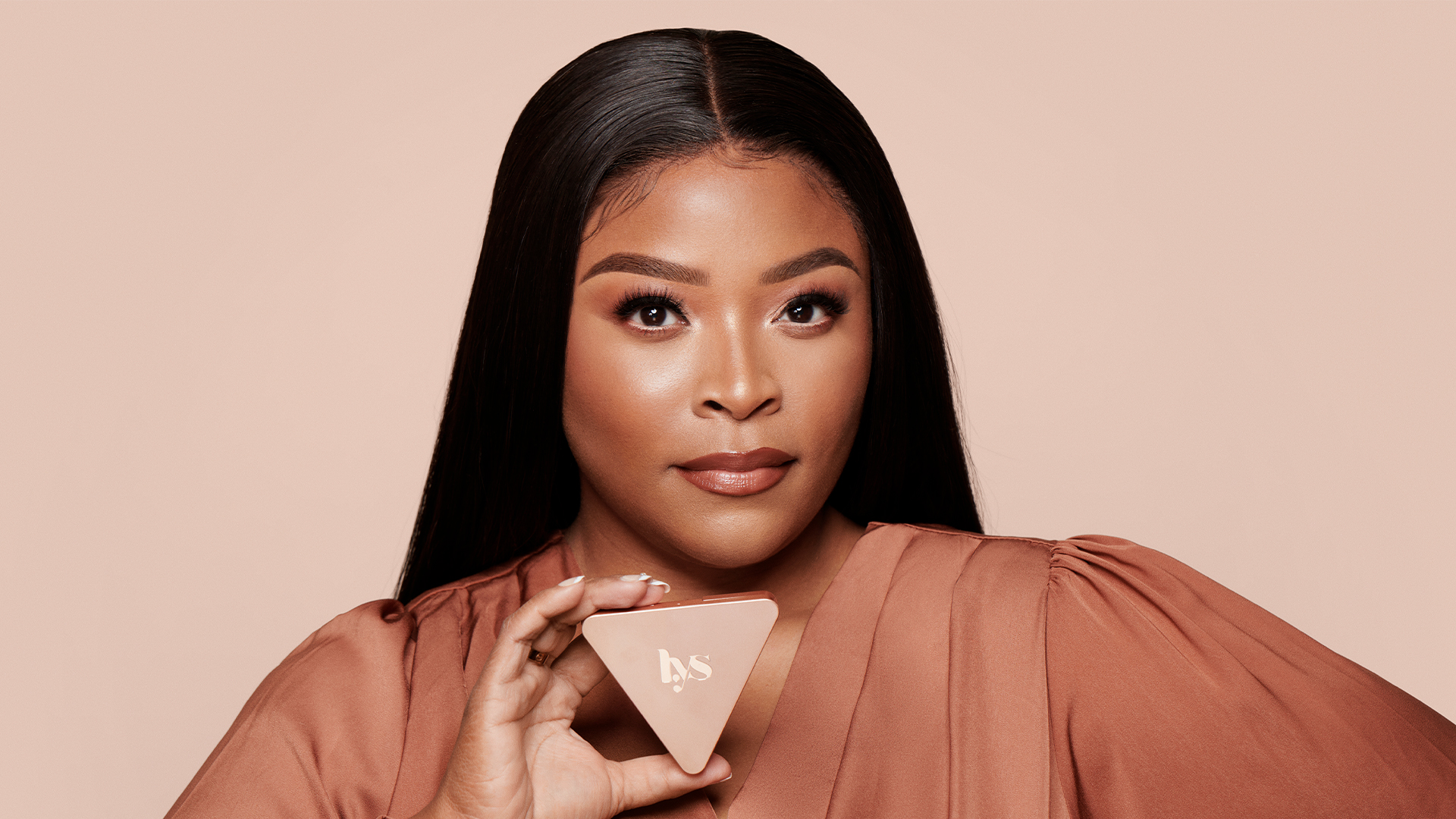This article was originally published on 05/10/2019
The rising popularity of gaming has attracted onlookers as well as participants – giving way to esports and streaming as a platform. Platforms like Twitch, Mixer and YoutubeGaming allow visitors to watch streamers play through their favorite games. Players balance playing the game with hosting the room’s visitors, talking with them in chats and inviting engagement, follows, or subscriptions. Twitch, the OG on the block, currently boasts 2.2 million streamers on its platform.
Why are so many people playing video games for people to watch? Because there’s a market for it. Streamers can earn revenue from viewers watching ads on their channel, through subscriptions and donations. Ninja (the streamer who shot to fame playing Fortnite with Drake, Travis Scott and JuJu Smith-Schuster last spring) reportedly makes up to $500,000 a month from streaming alone. The Fortnite session with Drizzy netted Ninja the record for highest stream views and gave him an elevated platform — including an ESPN The Magazine cover — a new height for the gaming world.
Ninja represents the height of the streaming industry. Unfortunately for millions of creators of color and women, their path to streaming stardom goes through rugged terrain that their white male counterparts may not have to experience. Due to the anonymity of the internet, streamers can often find themselves on the receiving end of racist and/or sexist comments from trolls in their own chatrooms. Though all platforms have clauses that threaten to banish users for harassment, it is mostly up to the streamers to report users for these offenses, and they don’t always receive appropriate punishment. This is especially true if they are using a burner account – a common occurrence.
In some cases, the platforms give trolls the tools to offend.
Last year, in a promotion with KFC to promote the game PlayerUnknown’s Battlegrounds, Twitch released a chat emote that was the image of a bucket of chicken. Almost immediately, trolls began to use the chicken emote to spam and troll people of color. Streamer Trihex, whose face is the emote used in conjunction with the bucket of chicken, questioned just what was going on at Twitch.
“I feel bad for PoCs on Twitch who can’t look past that…Someone’s got to get it together, man,” he said on a later stream. “I’m laughing because I’m dying inside. Do no black people work at Twitch? What do I even say to that?”
One solution to this problem used to be a Twitch platform called Communities. Communities were similar to a Facebook group – allowing members to find users who have similar taste in games or around a specific topic. Streamers could engage and curate their communities, keeping trolls out of their midst. Twitch removed Communities last fall – due to low utilization – leaving gamer groups like The Cookout and Black Girl Gamers to find each other among the potential trolls using tags to attract an audience.
For streamers, developing a following takes an investment of money, time and dedication to your fans. Most are balancing their stream with a day job and interpersonal relationships. Streamers have to be online as often as possible to prevent subscribers from going elsewhere. When you’re elevated to the front page of one of these platforms, you find yourself in front of an abundance of potential subscribers. When a swarm of racist trolls are added to the mix, the onus is on the streamer or their moderators to report each account. Myth, the second most followed streamer on Twitch, recently threatened to turn the chat on his streams off to avoid the hate from anonymous senders.
One of Twitch’s fixes was to make streamers responsible for what goes on their chat. As a result, some of the white streamers with more interesting fanbases have to corral their fans. For a Black streamer, the best case scenario is that the offender drops it and moves on. The worst case scenario is that they or someone else returns on another account with more people to spread more hate.
No one is looking to these streaming platforms to change society or the ills that it suffers from. However, these websites shouldn’t be a breeding ground for racists and edge-lords.
PewDiePie may represent the darkest end of the streaming spectrum. The Swedish Youtube streamer has more subscribers than Hulu and Apple Music combined, making him one of the most famous streamers in the world. Unfortunately, he uses his platform to make rape jokes and insult groups of people. He’s even said “nigger” on his stream in two languages. Fans can’t get enough of his “humor” and his “they’re only jokes” defense.
If there is room for PewDiePie to rock Nazi regalia and have a space for his legion of alt-right trolls, there should easily be an opportunity for streamers of color. If these platforms want users to feel as if they have an opportunity to enjoy their hobby with like-minded people, they need to make attempts to secure that sanctuary rather than let hate gain a stronghold.
This essay was done in partnership with Intuition, an Atlanta based multicultural marketing firm specializing in brand development
